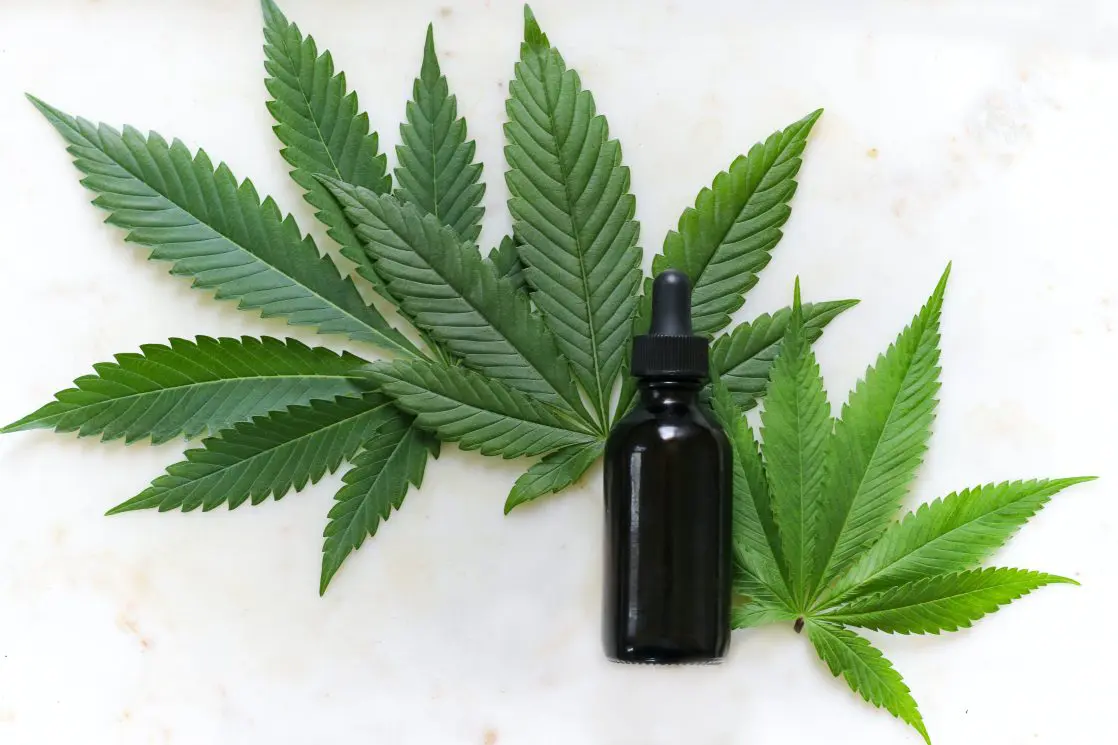
Marijuana as Pain Relief
- Medical Marijuana Benefits – Higher CBD, lower THC provides pain relief without “high” for seniors with chronic pain, anxiety, and insomnia.
- Research Shows Promise – Israeli study found 94% of 3,000 seniors reported improved health and halved pain levels.
- Risks Require Caution – Side effects include memory loss, falls, and drug interactions, requiring doctor consultation and care home approval.
Marijuana has long been vilified for its ability to send their users sky-high. But as time progressed, and more studies conducted, the virtues of this plant are being unearthed. Marijuana use for pain relief is not for everyone, obviously, but it would be remiss of us to just discard the idea of its use in the realm of healing.
Medical marijuana use is still relatively new among the older population. The common reasons that seniors would turn to medical marijuana is for pain, anxiety, depression, insomnia, and loss of appetite or weight loss.
But doesn’t marijuana make you high?
Medical marijuana is different from recreational marijuana in that they strip out the THC (Tetrahydrocannabinol), the compound in marijuana that produces the “high.” Medical marijuana has a higher content of CBD (Cannabidiol), so one doesn’t experience that “high,” and the medical edible potency is higher. CBD is the therapeutic agent in marijuana, and has a calming, antipsychotic effect – this is the agent responsible for the medical benefits.

In Canada, the Access to Cannabis for Medical Purposes Regulations came into effect on August 24th, 2016. Since then, we’ve seen many cannabis shops pop up, and the many forms that marijuana takes as a finished product.
But is this trend really beneficial for seniors?
Israel conducted its first large-scale peer-reviewed study of seniors, published in the European Journal of Internal Medicine. It followed 3000 senior patients and their use of marijuana, and concluded that cannabis can be safe and effective. Make note of the word “can” here.
The study found that 94% of senior patients reported improved health conditions, and pain levels were halved. There was also a significant decrease in the use of pharmaceutical drugs, including opioids.
Marijuana has also been shown to have some benefits for:
- Cancer
- Multiple Sclerosis
- Chronic Pain
- Glaucoma
- Eczema
- Huntington’s disease
- Insomnia
- Epilepsy
In terms of addressing chronic pain, marijuana has been shown to have some pain relieving effects on joint pain, headaches and nerve pain.
But with the good, comes the bad.
Before embarking on a cannabis journey, the negative effects should also be noted.
Specifically with seniors, the negative effects can include verbal and short-term memory loss; which makes the diagnosis of dementia especially tricky. Hallucinations, exacerbating existing mental health issues, as well as an increased risk of falling, overeating and respiratory problems are all negative effects to watch out for with the use of medical marijuana. Needless to say, anyone exploring the possibility of trying medical marijuana should speak to their doctor first, to discuss the effectiveness of it for a particular condition, expected side effects and possible reactions with existing medications.
While several major studies have already been conducted, there are more studies and research to be conducted to assess the full range of benefits and risks with the use of medical marijuana for seniors.
An added element to consider for those living in care homes is whether administration of medical marijuana is allowed, as per either the residence’s policies or within the standards of practice set out by the college of nurses in the relevant province. In most care homes, seniors are not allowed to self-medicate and all medications must be administered by the nursing staff.
For more information about the legalities of medical marijuana use, resources, the procedures involved in acquiring medical marijuana and frequently asked questions, Medical Marijuana.ca is a great website to visit.
